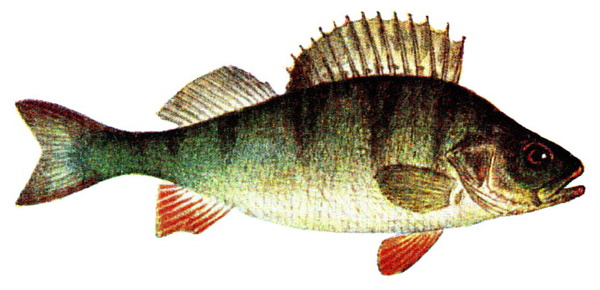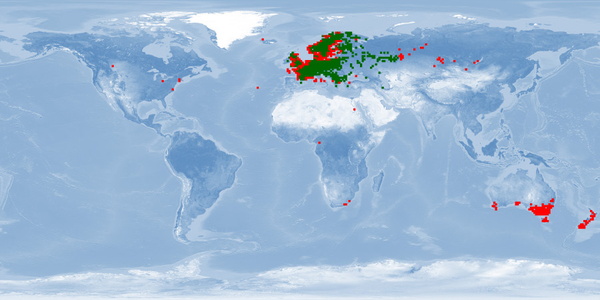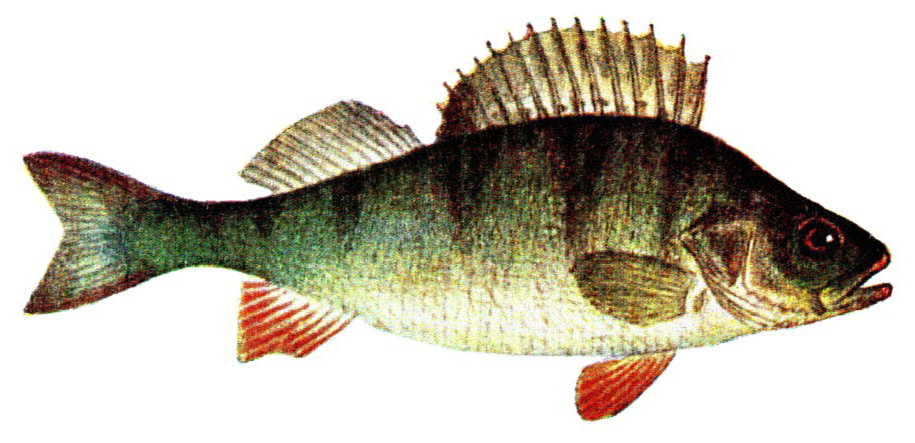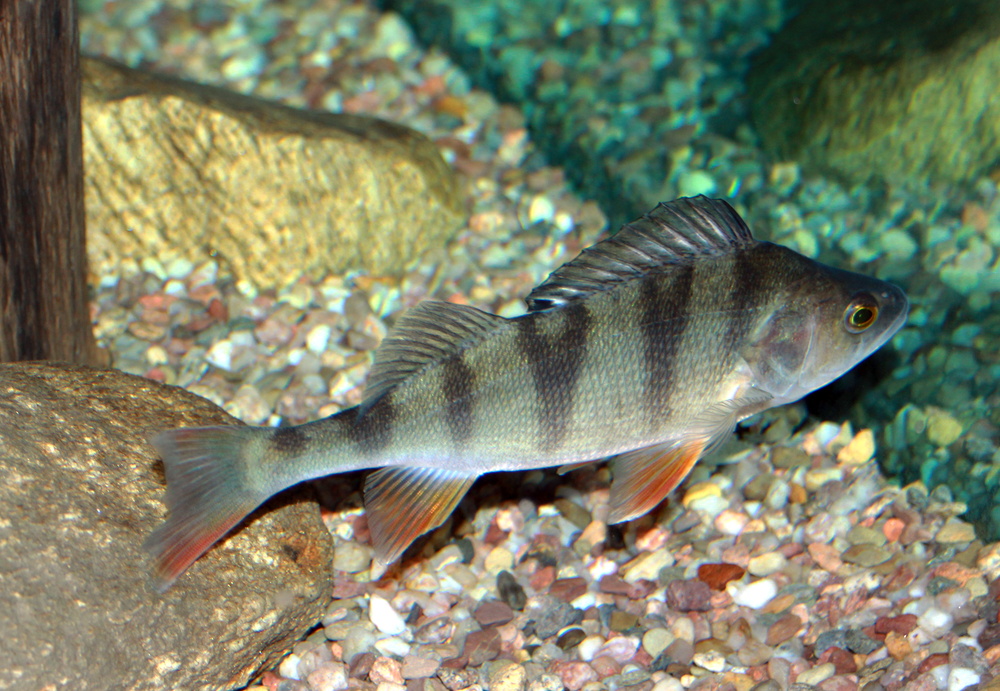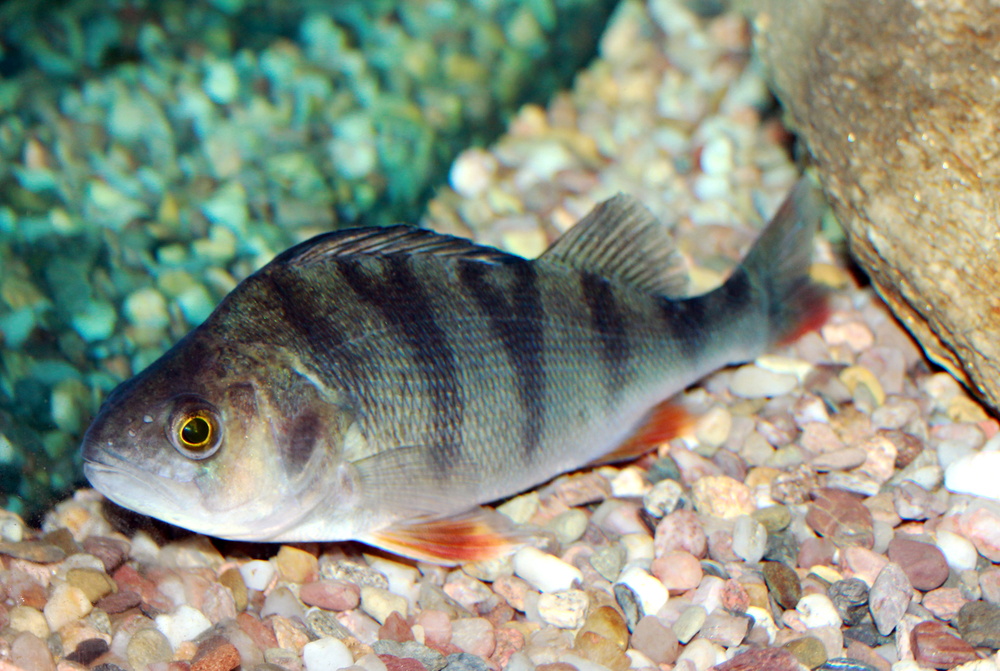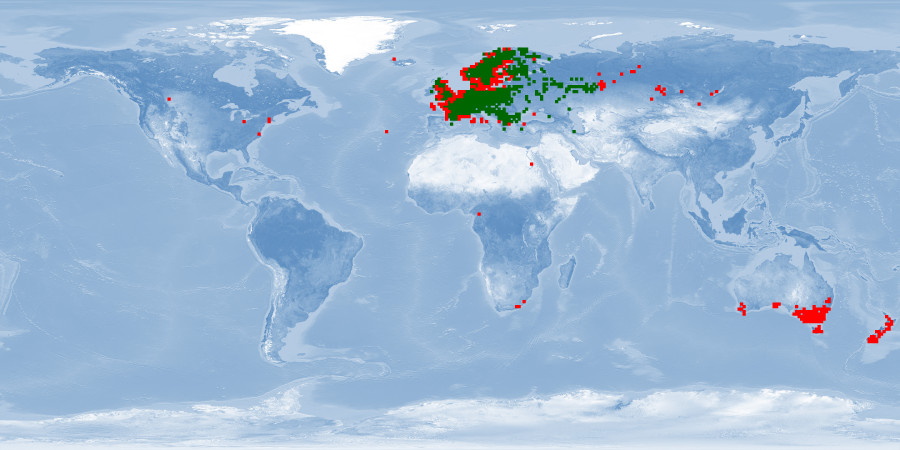Farming remarks
Perca fluviatilis is a percid species that inhabits Eurasian inland and coastal waters and has been introduced in inland waters worldwide. The production of P. fluviatilis has emerged over the past decades while important biological processes of the species are not known yet. P. fluviatilis is a strong predator in the wild, and as such, an aggressive and cannibalistic fish in captivity – a constraint that is not properly prevented in farms yet. In fact, prey FISHES (e.g., roach, Rutilus rutilus, topmouth gudgeon, Pseudorasbora parva or other small cyprinids species) are added in monoculture systems to satiate the predatory nature of P. fluviatilis. It is also susceptible to stress and malformations in captivity. Tanks or raceways will most likely not fulfil space needs in intensive conditions. The biggest knowledge gap is on humane slaughter practices for this species. Further research is needed on both natural behaviour and physiological effects of farming practices in order to provide recommendations for improving fish welfare.
For details see: WelfareCheck | farmFor recommendations see: Advice | farm





